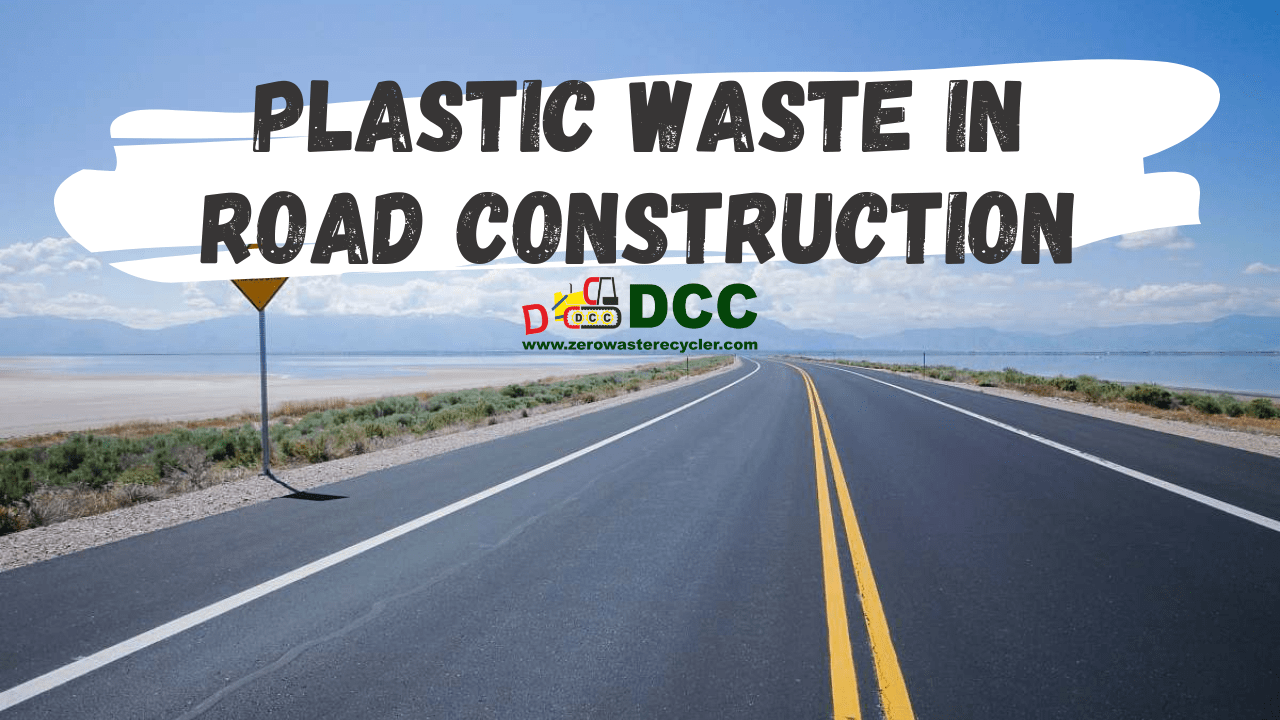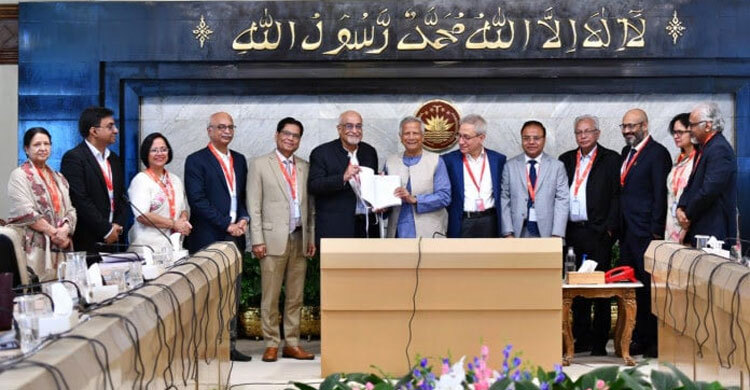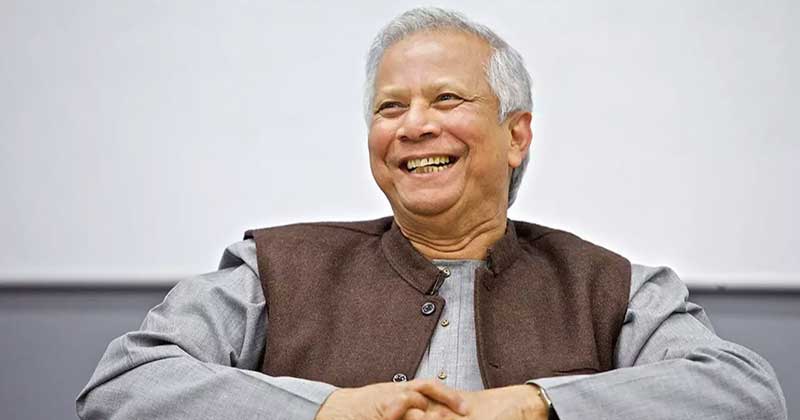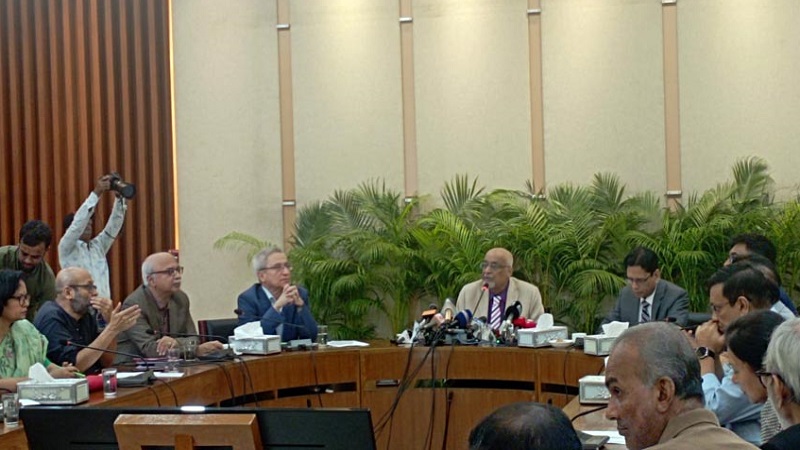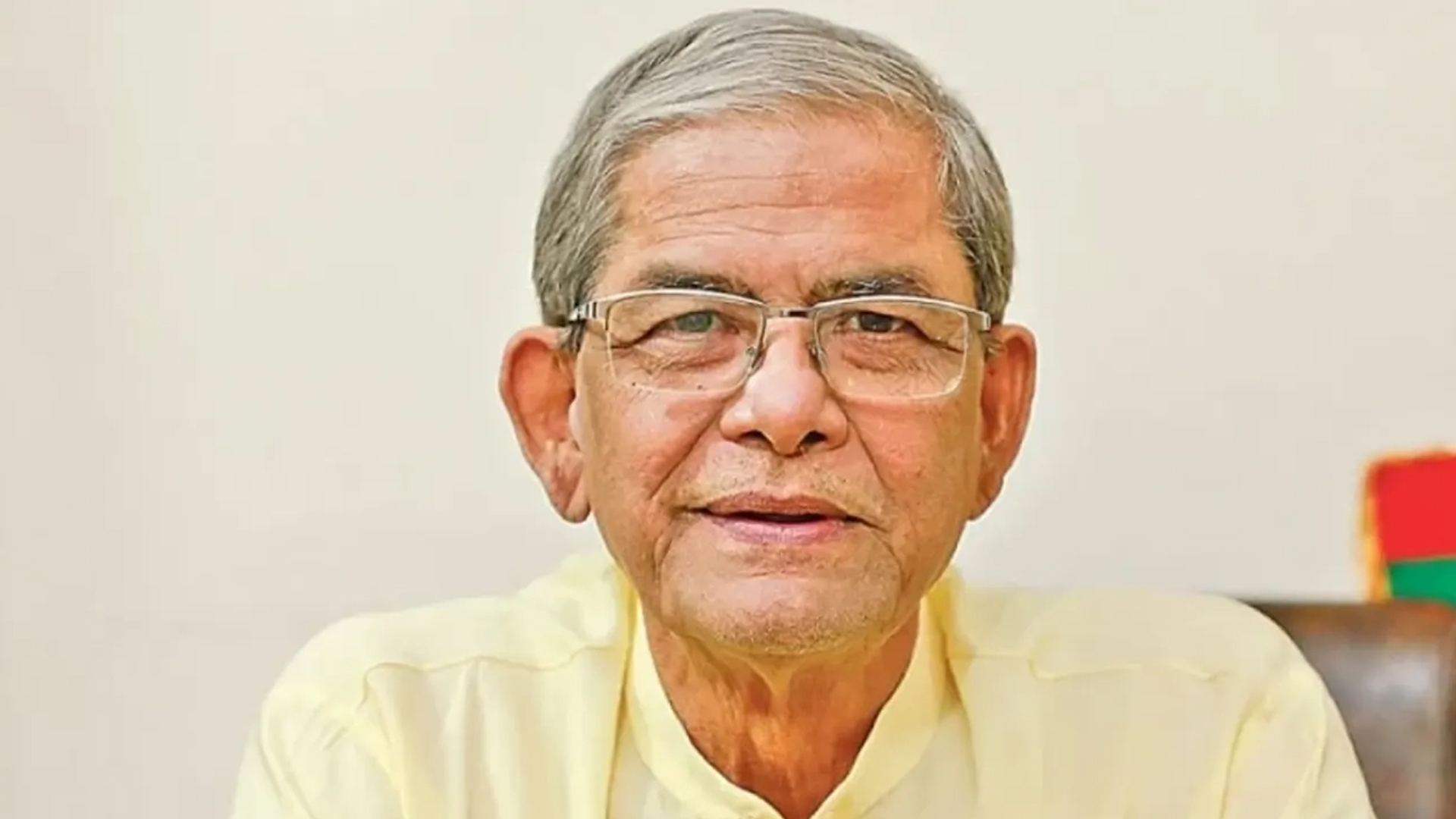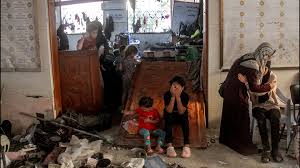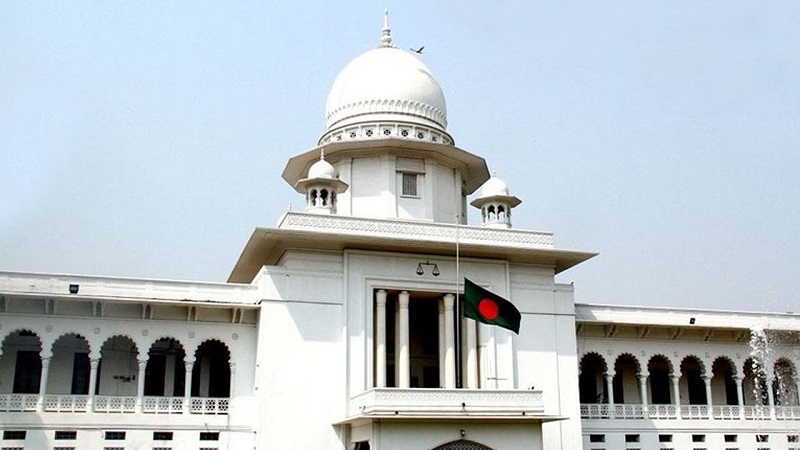The government has taken an initiative to turn the massive amounts of plastic waste generated in Bangladesh into road construction materials.
The Roads and Highways Department (RHD) has been preparing for the initiative over the past four years and it may finally get off the ground in the next three or four months, according to RHD Additional Chief Engineer Dr Md Abdullah Al Mamun, who is coordinating the effort.
The use of plastic waste for road construction would not only provide a sustainable solution to the plastic waste problem, but also allow for the construction of more durable and cost-effective roads, he said.
“Plastic makes roads more resistant to damage from heavy rains, which is one of the major causes of the short lifespans of roads in the country,” Dr Md Abdullah added.
RHD is currently in the process of finalizing the design specifications and durability tests for the planned roads. Trial runs of the plastic roads will be conducted on national and regional highways, as well as in hilly areas.
The department has also started engaging local government bodies, including the Dhaka South City Corporation (DSCC) and Dhaka North city corporation (DNCC).
“DSCC has already participated in a seminar on plastic roads organized by the RHD. We appreciated the initiative and have a plan to move forward with it if the technology becomes suitable or sustainable in Bangladesh,” said Saleh Ahmed, chief engineer of DSCC.
"We are always searching for convenient new technologies. Why not apply the plastic road concept if it seems better and helps to manage plastic waste?" said Dhaka North City Corporation (DNCC) Mayor Md Atiqul Islam.
A tried and tested method
Plastic roads are not a new idea. Many countries in Europe have been constructing plastic roads since the 1970s, while India took its first initiative in 2000.
Jambulingam Street in Chennai, the capital of the Indian state of Tamil Nadu, is one of India’s first plastic roads. Since its construction, India has used plastic roads for 33,796km of its road network.
Bangladesh currently has 21,000km of highways and more than 350,000km of local roads. Most of the major roads in the country are constructed with bitumen and usually develop cracks and potholes within a short time.
According to officials of the RHD and the Local Government Division, about 30% of the country’s bituminous roads are difficult to use due to cracks and potholes.
A research team at the University of Texas at Arlington in the US is working with the RHD to determine how much of the plastic waste in Bangladesh is suitable for road construction. They recently visited garbage dumps in the country to collect samples.
The research team has also been monitoring weather conditions to determine whether plastic roads will be suitable and in which parts of the country.
Dr Md Abdullah Al Mamun said: “Our main goal of using plastic is to modify bitumen and make it more durable in the context of Bangladesh. If bitumen is modified with plastic polymers, it will have improved binding capacity.”
He added that they were also looking at whether different types of plastic waste could be used in different parts of road construction.
Business model
The RHD will soon hold a national seminar with all stakeholders to discuss the business model for managing waste through road construction.
According to RHD officials, a test protocol, design protocol, construction protocol, and business model will be prepared before starting the construction of plastic roads all over the country.
The department will involve the Bangladesh Standards and Testing Institution (BSTI) to prepare a material test protocol, and pavement engineers from other government entities and technology university teachers to prepare design specifications.
The RHD has already held several meetings with the Bangladesh Council of Scientific and Industrial Research (BCSIR), the Department of Environment (DoE), and various corporations over the issue, officials said.
Buet civil engineering department Prof Shamsul Hoque said plastic is effective for paving roads. It may be costly, but it will provide a sustainable solution to plastic waste generation.
According to World Population Review, Bangladesh produced 1,021,990 tons of plastic waste and released 24,640 tons into the ocean in 2021.


